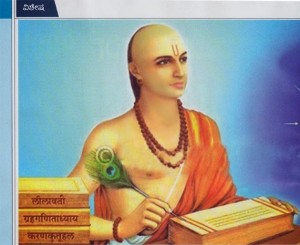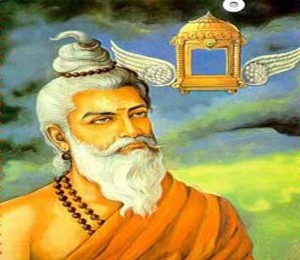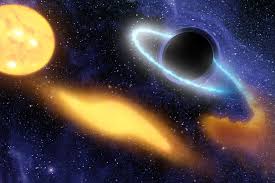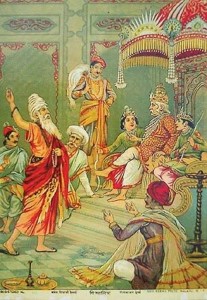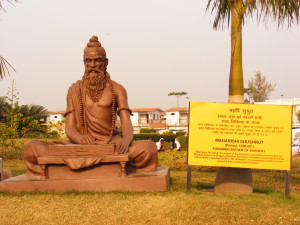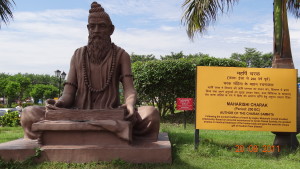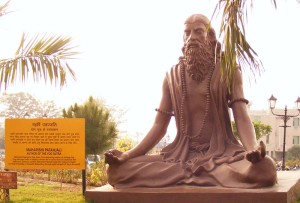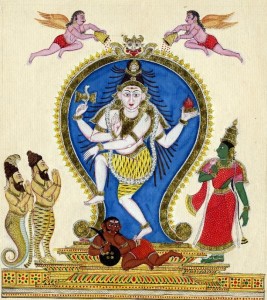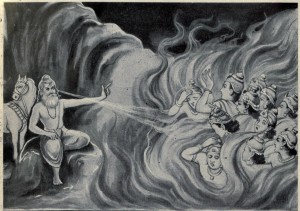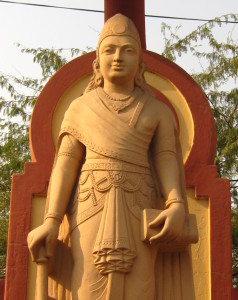10 Indian Sages Who Knew About Advanced Discoveries Long Before The Modern Era
Modern science and physics loves to take all the credit for many of the technological creations that make our lives easier – but we often forget to reveal that the people history books claim to have ‘invented’ many of these creations were really rather innovators who worked with knowledge that our ancestors held for centuries.
Here are 10 such cases.
1. Bhaskaracharya’s Law of Gravity
Bhaskara the second was a mathematician and astronomer born in India who worked with fellow mathematician Brahmagupta’s findings in regards to number systems.
To this day, Bhaskaracharya’s ‘Lilaviti’ and ‘Bijaganita’ works are considered to be unmatched. In his work, he wrote about everything from planetary positioning to eclipses and cosmography.
But perhaps his most gripping theory is that of gravity. While we attribute this discovery to Isaac Newton, Bhaskaracharya actually made note of the gravitational force in ‘Surya Siddhant,’ where he says:
“Objects fall on earth due to a force of attraction by the earth. Therefore, the earth, planets, constellations, moon and sun are held in orbit due to this attraction.”
That was a full 500 years before Newton’s ‘discovery.’
2. Maharshi Bhardwaj’s Rockets and Aeroplanes
Modern science states that the Wright Brothers invented the airplane. But some critics and historians have a different view, pointing out that aeronautics was a well developed field by the Ramayana and Mahabharata times.
Maharishi Bhardwaj wrote about airplanes vanishing and travelling to other planets and is considered by Indian scriptures to be the inventor of the airplane.
3. Star Science by Garga Muni
Although little information exists regarding Garga Muni, chief astrologer for King Prithu, what we do know indicates that Garga Muni was incredibly passionate about the stars and his work laid down the rules of astrology.
4. Missile Inventor Vishwamitra
Vishwamitra was originally a king before becoming one of the most respected sages in Indian history. Thousands of years ago, it is believed that Vishwamitra discovered missiles and used them in battle.
5. Founder of Surgery, Sushruta
Indian surgeon Sushruta is credited as being the founding father of surgery, with his writing Sushruta Samhita being named as an excellent commentary on the practice of surgery in general.
He is believed to have lived between 1200-600 BCE and was first mentioned in the Bower Manuscript in the 4th or 5th century.
6. Skin Specialist Aacharya Charak
Aacharya Charak was a Ayurvedic skin specialist, having conducted extensive research on the body, womb and various medicines. Many medicines found for everything from diabetes to heart disease have been attributed to Acharya Charak.
He was a strong proponent of the influence that diet has on the mind and body.
7. Yoga – Patanjali
While there is much legend and contradiction surrounding the life of Pantanjali – for example, there is no authentic record of his birth – he is believed to have been the originator of the yoga practice.
According to tradition, Patanjali was born amongst humans with the purpose of teaching them the art of yoga.
8. Acharya Kanad, Father of Atomic Theory
While John Dalton has been credited in modern times with inventing atomic theory, Acharya Kanad is believed to have earned that distinction roughly 2,600 years ago.
Kanad was a philosopher and thinker, one of the first to think about atoms and molecules.
9. Cosmology – Kapila
Born in 3000 BCE, Acharya Kapila is believed to have been a pioneer in the field of cosmology, with his work leading to understanding in the area of energy.
10. Politics – Chanakya
A teacher to Maurya Emporor Chandragupta, Chankya is believed to have authored the Indian treatise called Arthasastra. He is also believed to have pioneered the fields of economics and political science.

